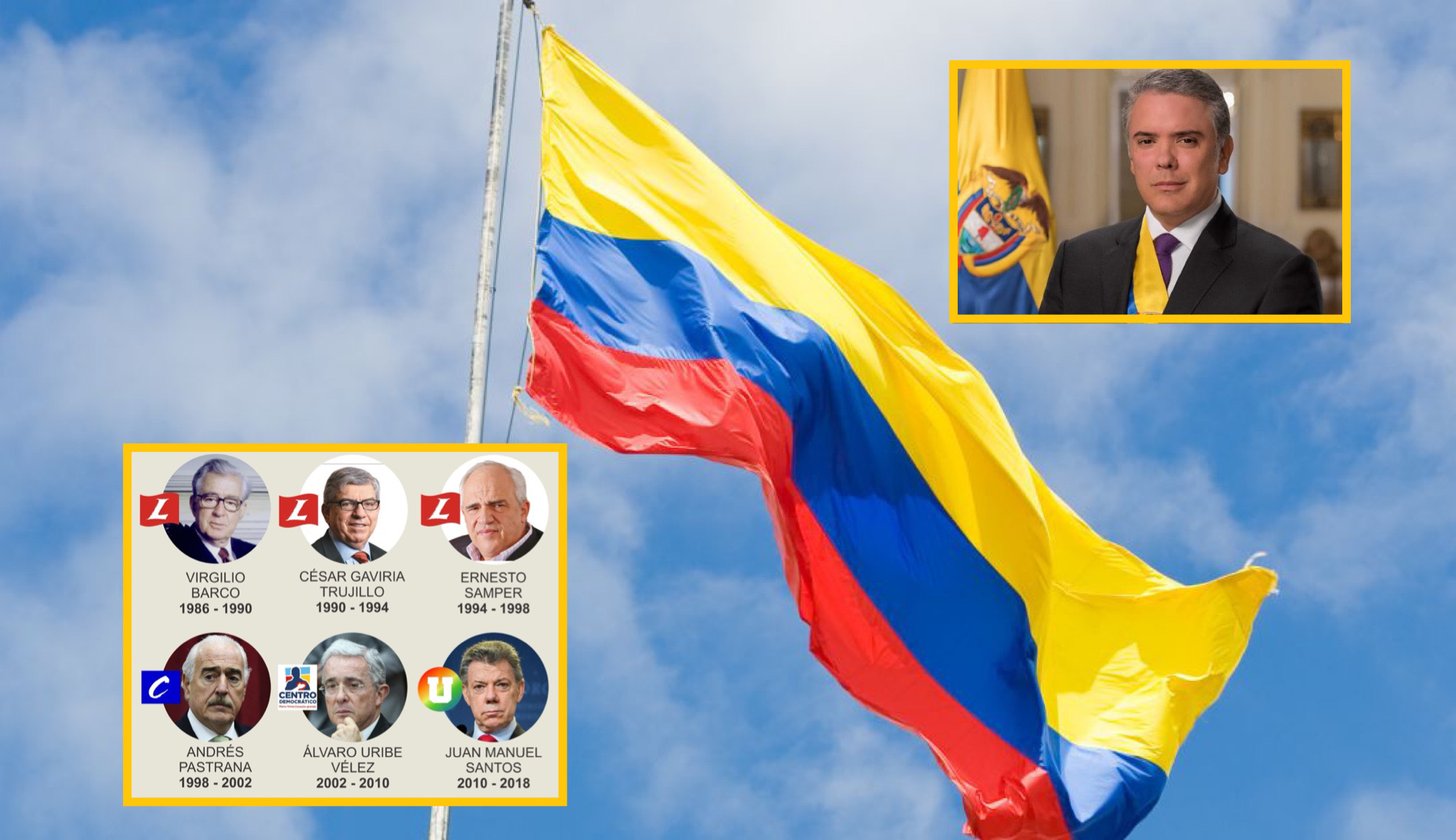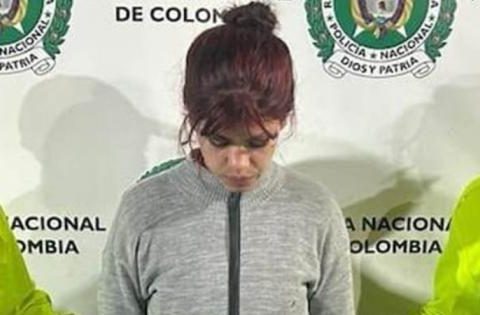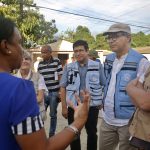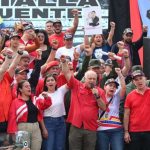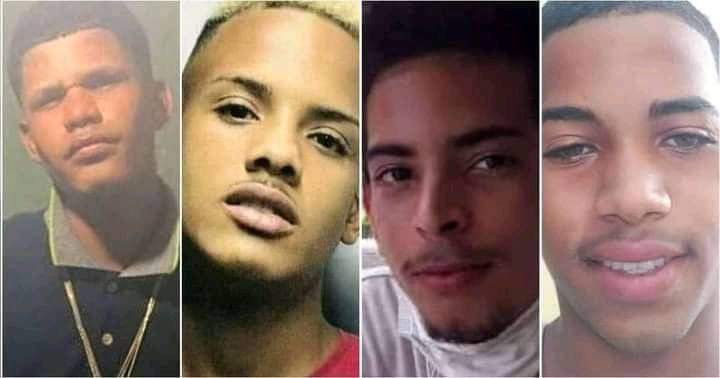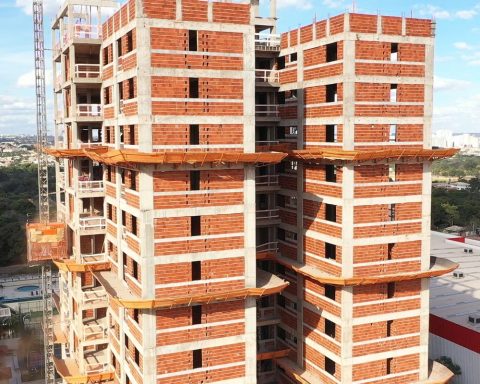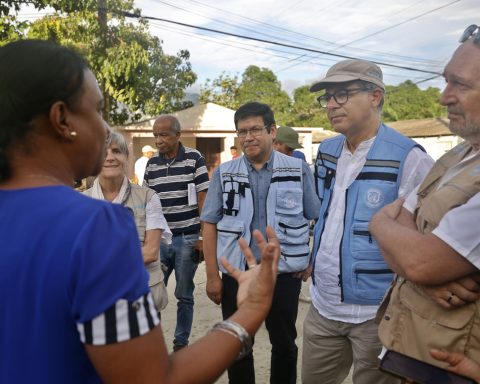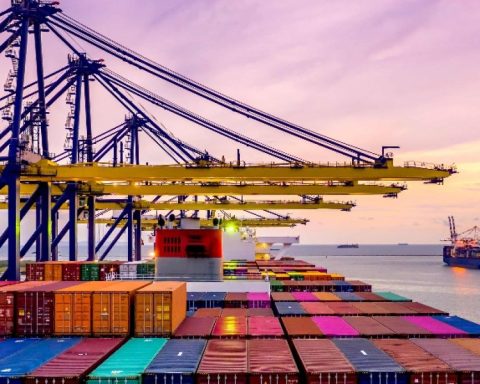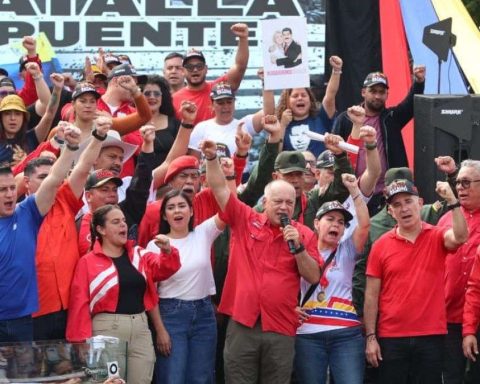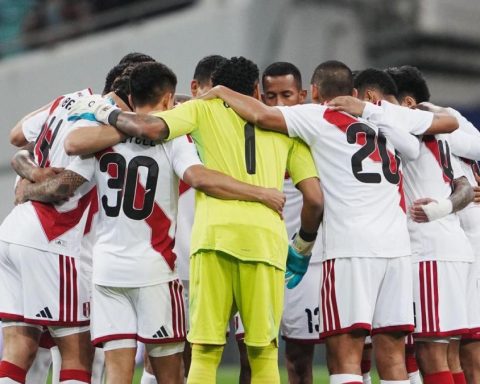From César Gaviria in 1990 to the Duque government in 2022, a long journey of three decades; the presidencies among the seventy billion pesos that do not appear, Process 8000, false positives, among other things and scandals.
Colombia News.
The elections are approaching this coming May 29, for many more than expectations there is uncertainty, there are six presidential candidates; three with more options and a second round at the door, but part of the government’s promises and plans are aimed at solving the problems that come from presidencies of 30 years and more.
There are even infrastructure works in the country, which began years ago, and have not been finished. Others barely resumed or finished after 30, 40 and even more years.
Young people dream of a future with fewer problems, the older ones hope for a Colombia that gets rid of the ballast of politicking, corruption and unfulfilled promises.
The last 30 years, the presidencies have promised, promised and promised. Each president does not manage to fulfill (completely) even 70% of his government plan.
“I will vote for the least worse”, that could be the summary of the search for a good government.
Elections of three decades
We must talk about the last 30 years, since the government of César Gaviria, who in August 1990 installed himself in the Casa de Nariño and the presidencies that have followed him.
One of the biggest problems it faced: the hydroelectric conflict.
During his government, the El Niño phenomenon generated droughts, thus affecting the levels of reservoirs that generate hydroelectric power.
However, although in terms of infrastructure there were not many advances; in history if it is remembered that Gaviria for his reforms.
- “He sought to change the relationship of the military with the civil institutions of the State and developed a new security strategy.” The data
Between 1994 and 1998 was the presidential term of Ernesto Samper Pizano.
Promises of an economic nature, after the situation in which he received the country, imposed him on other candidates. He aimed his government’s plan at improving employment and reducing poverty. There were improvements, but what was proposed was not fulfilled.
His management was marked by Process 8000, an accusation that did not reach criminal courts but did have a strong political and social impact. Drug trafficking financed his campaign, he told himself.
After Samper, belonging to the liberal party, came the Conservative Andrés Pastrana.
Pastrana, who had been mayor of Bogotá and a senator, competed for the Presidency with Horacio Serpa, winning with 50.4% of the votes.
Negotiations with the FARC
His mandate is remembered for the failed negotiations with the FARC-EP at that time, being one of the leaders who tried to dialogue or reach an agreement with them.
He was one of the first leaders to put on the table a peace talks process in Caguán, which took place between 1998 and 2002.
Simultaneously, negotiations with the United States were developed through President Bill Clinton called ‘Plan Colombia’.
This consisted of strengthening the Colombian military forces, generating distrust in the negotiations with the guerrillas.
Pastrana, along with Gaviria, is one of the most active ex-presidents in terms of his criticism of the incumbent governments.
We just finished meeting with @FicoGutierrez Y @soyconservador supporting #FicoPresident pic.twitter.com/dSyCLIRwgD
– Andrés Pastrana A (@AndresPastrana_) April 29, 2022
Álvaro Uribe and his two periods
In 2002 the government of Álvaro Uribe Vélez began, who focused his efforts on combating the aforementioned Revolutionary Armed Forces of Colombia -FARC EP-.
Before the presidency, he was mayor of Medellín in 1982, senator of the Republic (1986-1994) and governor of Antioquia (1995-1997).
Thus being elected president of the Republic of Colombia in 2002 and re-elected.
His military fight against the guerrillas allowed heavy blows to drug trafficking and significantly reduced kidnappings during his first term as head of state. His re-election in 2005 was possible thanks to his management and results during his first years in office.
Uribe Vélez, according to different documents, files and investigations, in the period of the now former senator, the public force and the State were able to reach the most remote areas of the country, where before only the guerrillas and other armed groups acted.
Today, however, the management that for many experts did open the doors to Colombia internationally, has been tainted by practices such as ‘false positives’ and paramilitarism.
The so-called ‘Democratic Security’ is harshly questioned today.
Operation Check
One of the military coups by Uribe and his then defense minister, Juan Manuel Santos, was ‘Operation Jaque’.
This operation was carried out in 2008, almost at the end of his second presidential term; which consisted of the release of 15 hostages by the FARC-EP guerrillas in the jungles of the department of Guaviare.
Remembered as the most successful humanitarian rescue operation in Colombia with more than a dozen released.
Ingrid Betancourt, who was a presidential candidate, had been in the hands of the FARC since 2002 and was rescued in 2008 thanks to this operation.

Among them also Colombian soldiers, presidential candidates and American businessmen, some of them had been kidnapped for more than 10 years.
Adding to this the capture of two guerrilla commanders and zero deaths during their execution.
Post-Presidency
His time as head of state is also relevant for scandals in investigations that are still ongoing so far.
Uribe has more than 100 investigation processes against him for alleged crimes committed in his years as the country’s first president; These range from procedural fraud, bribery, hoop and farm massacres, assassinations of opponents to more than six thousand extrajudicial deaths called false positives, which is his most relevant investigation.
Although so far, none has reached the level of charges.
After Uribe, came the era of the economist Juan Manuel Santos, who was supported in his campaign by the previous president.
New Peace Dialogues
Santos, also had two periods as president of the Republic of Colombia, the first of these from 2010 to 2014, later he was re-elected and his government ended in 2018.
Juan Manuel Santos focused his entire government on resuming talks with the FARC-EP to put an end to more than 50 years of armed conflict in Colombia.
Negotiations that were held in Cuba with cabinets formed by both parties especially for said process.
This agreement aroused rejection in the opposition and discontent in many Colombians. But he also received great support and applause from the international community.
The process had setbacks because the Colombian State had to generate certain guarantees for the members of this guerrilla and thus give in to many actions that were taken as unfair.
Finally, these negotiations between the Santos government and the FARC-EP guerrillas came to an end victoriously, benefiting those involved.
The then President Juan Manuel Santos was awarded the Nobel Peace Prize in 2016.
And he came, Iván Duque in 2018, a lawyer by profession and former senator of the Republic.
Presidency in the midst of the Covid-19 pandemic
Since his political campaign, Duque has been the subject of controversy and criticism because once again, he was the candidate with ideals close to those of former President Uribe Vélez.
Duque has been the president with the highest percentage of disapproval of his management as president according to the consultant Datexco.
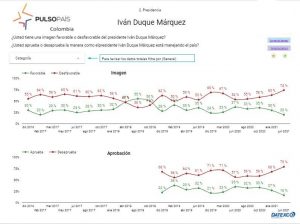
He has been strongly questioned for the excessive use of military forces in Colombia during the framework of the social proposals against his government in the course of it.
These actions left deaths, injuries, destruction and undermined political and social division.
The situation is so serious that international organizations have spoken out and demanded investigations for alleged human rights violations.
Duque’s mandate has been on trial since it began. With the arrival of the Covid-19 pandemic it got complicated.
Given this situation, Colombia was not prepared for a health emergency of such magnitude: ‘Prevention and Action’, the program with which it made all the announcements regarding this pandemic.
He held it for more than six months.
The president became the focus of all Colombians who remained pending his notices.
As a positive aspect, Duque regulated the Solidarity Income, this in order to combat the lack of employment and resources through preventive isolation in the midst of the pandemic.
The winter wave, which has left more than 100 dead, destroyed roads and much damage, has been the other problem during his government.
Hurricane Iota, which devastated San Andrés and Providencia, has been the other litmus test.
What happened to the MinTics?
And there has been no lack of controversies such as the MinTic, and the $70,000,000,000 that do not finish appearing.
The scandal is about the disappearance of the seventy billion allocated to the Ministry of Information Technologies and Communications of Colombia at the head of Minister Karen Abudinen appointed by the president.
Said money was an advance for the installation of digital centers in rural schools in remote regions of the country, specifically to the Temporary Union of Populated Centers.
One of the presidencies say experts, with more scandals.
Today, with social networks, more community media, different controversial facts are known from the regions.
After decades and several presidencies, regions like Chocó continue to experience the same problems; the Amazon, the Serranía, the Sierra Nevada and more.
At least five of his ministers have passed through motions of censure in Congress, although none have prospered. And if it even appears, it has been one of the ones that has received the most ridicule for its ‘blunders’.
*This is basic, reminder and interesting information. It does not consist of a deep research document.
